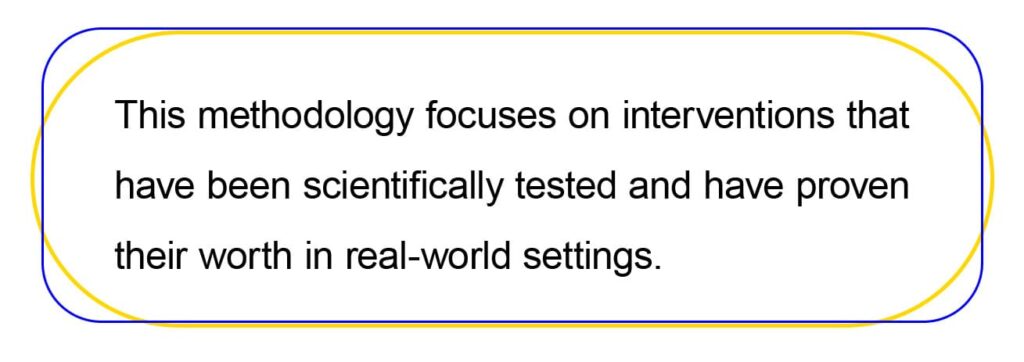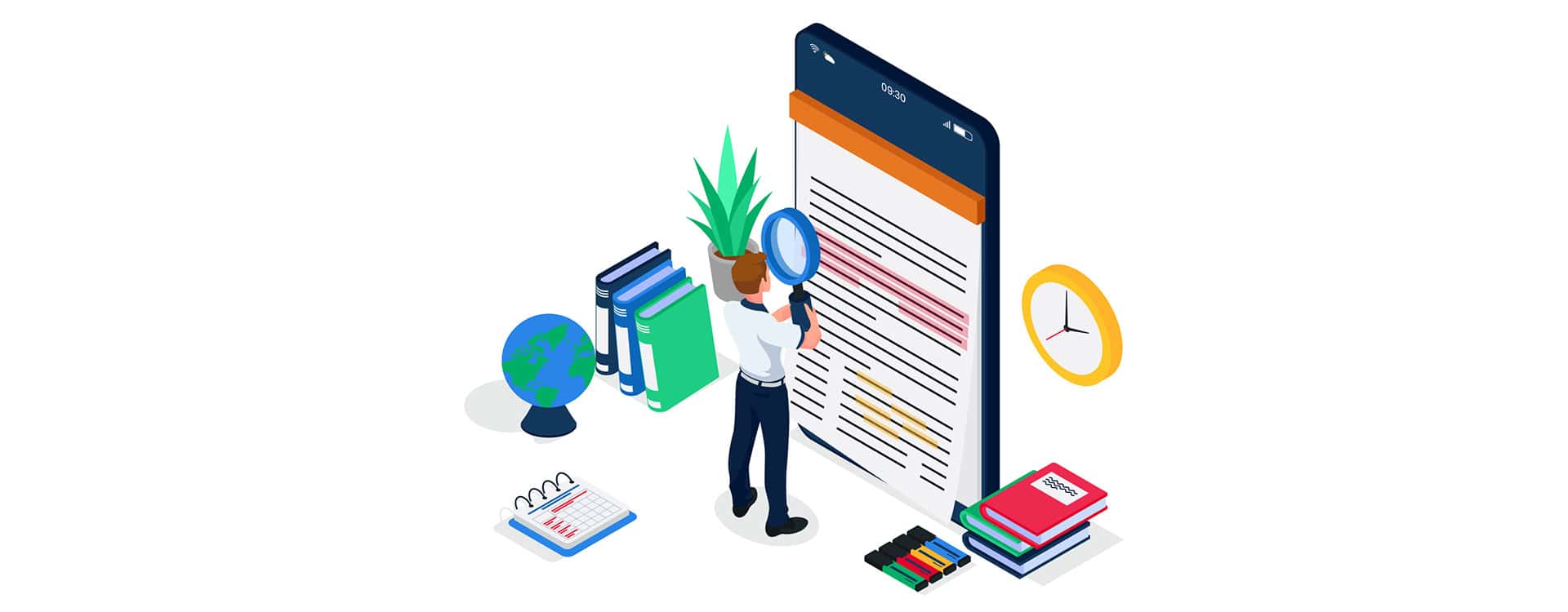With the opioid epidemic and rising substance misuse rates, the need for effective treatment has never been greater. According to the Substance Abuse and Mental Health Services Administration (SAMHSA), in 2020, only about 11% of individuals with an addiction received treatment. This alarming treatment gap demands a shift to methodologies with proven outcomes – like EBTs.

As society’s understanding of addiction deepens, so does the need for effective treatments that yield long-term results. Among these, Evidence-Based Treatments (EBTs) have emerged as a gold standard in addiction recovery. Let’s delve into the intricacies of EBTs, their efficacy, and their critical role in closing the addiction treatment gap.
Evidence-Based Treatment is a method of providing healthcare based on scientifically validated evidence. Instead of relying on anecdotal experiences or traditional practices. EBTs are grounded in empirical research and have undergone rigorous testing to confirm their efficacy.
Scientifically Validated
EBTs are rooted in well-conducted research studies, ensuring that the methodologies employed have a scientific basis.
Adaptable
EBTs are not one-size-fits-all. They allow for personalization based on individual needs and the nature of their addiction.
Continually Updated
As new research emerges, EBTs evolve, ensuring that the treatment methodologies remain at the cutting edge of addiction treatment.
Cognitive Behavioral Therapy (CBT)
Motivational Interviewing (MI)
Contingency Management
Medication-Assisted Treatment (MAT)
The journey to closing the addiction treatment gap begins with embracing and promoting effective methodologies. Evidence-Based Treatments, grounded in rigorous scientific research, present a way forward. By championing EBTs, we can ensure that individuals battling addiction receive the best possible care, increasing their chances of long-term recovery and leading fuller, healthier lives.
Disclaimer: The article is intended for informational purposes only and should not replace the advice of medical professionals. Always consult with a healthcare provider for addiction-related concerns.
Addiction Gap is a certified 501(c)(3) nonprofit
